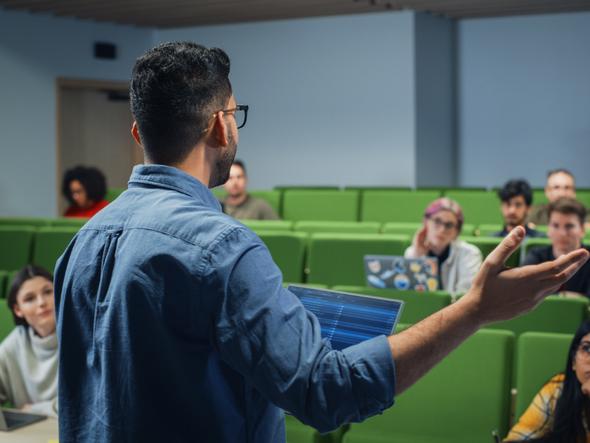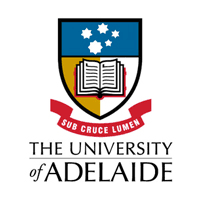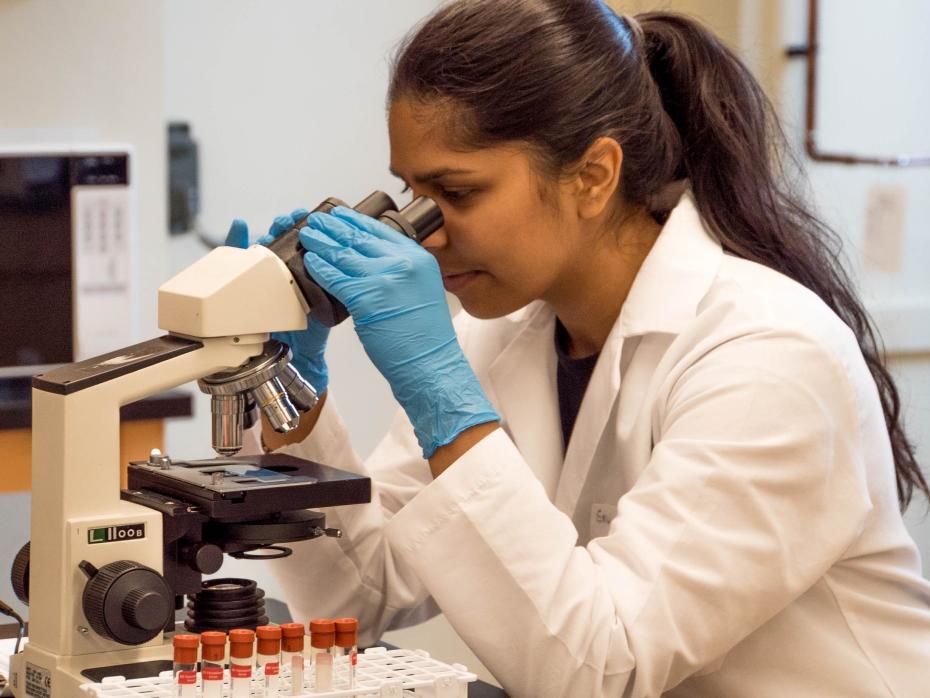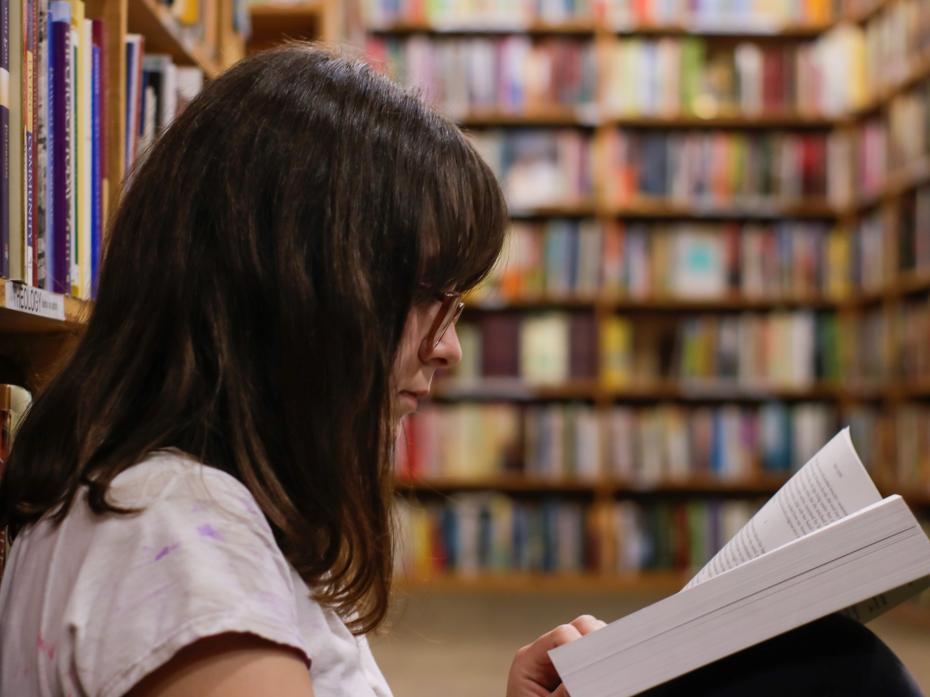
Four ways to tap into students’ family experiences for better learning
Using students’ family experiences as a jumping-off point for learning can help engage them and prepare them for the workforce. Here’s how to do it
As educators, we often focus on what we need to cover in the course so that students’ learning can be measured through course learning outcomes (CLOs). This is normally the approach many, if not all, universities take around the globe. While the measurement appears to be two-dimensional – we teach, students learn – there is a third dimension that could also be factored in. We must consider how students learn through their own experiences, particularly those that appeal to them.
- Spark creativity in your students – and boost their employability
- It’s all in the presentation: how to engage international students during lectures
- Relieve student boredom by ‘activating’ lectures
Appealing to students’ daily experiences allows them to reflect on what they are learning and how to apply it outside the classroom. They’re often already doing this tacitly, and realising that is often a lightbulb moment for them in my management and organisational behaviour classes.
Leveraging experiences of cultural context and diversity
Encouraging students to share their family backgrounds can contribute to the richness and diversity of classroom discussion. When students can bring up their family traditions and cultural practices during discussions on business strategies, it helps the class as a whole appreciate the power of cultural context – which can influence business decisions and leadership styles.
For instance, when I applied this technique, a student from India explained how their family’s approach to conflict resolution, grounded in the principles of consensus-building, aligned with techniques used in Japanese corporate culture. Another student from Italy described how their family’s communal dining practices fostered a sense of teamwork and community, similar to collaborative work environments in global organisations. These student engagements allow me to introduce them to cross-cultural models, helping them to understand their family experiences within different cultural contexts and fostering community and peer learning.
Asking students to make presentations about their families’ cultural practices as part of the course can help foster cultural awareness and appreciation. This helps students to develop their business acumen, broadens their understanding of diverse cultural influences and embeds in them the cultural intelligence needed to navigate complex international landscapes.
Learning through understanding support systems and resilience
For most students, their families are their primary support systems. They provide the emotional, financial and practical support the students need for their academic journeys. To help our students understand the importance of resilience and teamwork in the workplace, analysing the support structures within their families can be a great place to start.
For example, exploring how a family divides up household responsibilities can give insight into team collaboration in the workplace. Sharing chores and coordinating schedules demonstrates time-management and delegation skills. In addition, this encourages developing effective and collaborative communication skills.
Develop case studies that draw parallels between family support systems and organisational structures. This can help students reflect on how their families have helped them develop key skills for their future careers, such as resilience, problem-solving and adaptability, and this awareness can show them how to leverage personal experiences to navigate challenges both in academia and in the working world.
Family members as role models and inspiration
Students often look to their family members as role models. They can greatly influence students’ aspirations and career choices. I set an assignment asking students to interview a family member who had had a significant impact on their career aspirations, which provided valuable insights into my students’ motivations.
One student interviewed their entrepreneur parent, gaining insight into the challenges and rewards of starting their own business. Another talked about a family member who was a healthcare professional and what this had taught them about the dedication and compassion required in that field.
When students interview their families and present their findings, they analyse the influence their family members have had on their academic and career paths. By understanding their aspirations more deeply and acknowledging the personal and cultural factors that have shaped their goals, students are given a better view of how they can make more informed decisions about their professional trajectories. After all, they have first-hand experience of witnessing their parents’ actions and how these actions influenced the family environment.
Developing emotional and social skills
The way we interact with our family members defines our emotional and social skills. Students’ emotional intelligence and conflict-resolution abilities can be developed by reflecting on family conflicts. Techniques such as active listening as part of family discussions can help students involved in group projects to resolve disagreements. Mediating sibling disputes can also translate into negotiation skills in the workplace.
On a more meta level, it provides insight into others’ views of themselves. Hold workshops on conflict resolution and emotional intelligence, and encourage students to share relevant family experiences. This can greatly improve their interpersonal skills. But make sure students feel safe and respected when they’re sharing personal stories – emphasise that sharing is voluntary and don’t pressurise any student to participate.
In an environment of active listening and reflection, students can explore their experiences while maintaining boundaries and confidentiality. They can also reflect on their own stories by listening to those of the people around them – not just other students, but educators too. This cultivates self-awareness and social-emotional skills and creates a supportive learning culture that marries personal growth with personal development.
Intersecting family and academic life enriches the educational experience. Prepare your students for personal and professional success by valuing and integrating their family experiences.
Ankit Agarwal is course coordinator and lecturer in management at the Adelaide Business School.
If you would like advice and insight from academics and university staff delivered direct to your inbox each week, sign up for the Campus newsletter.




